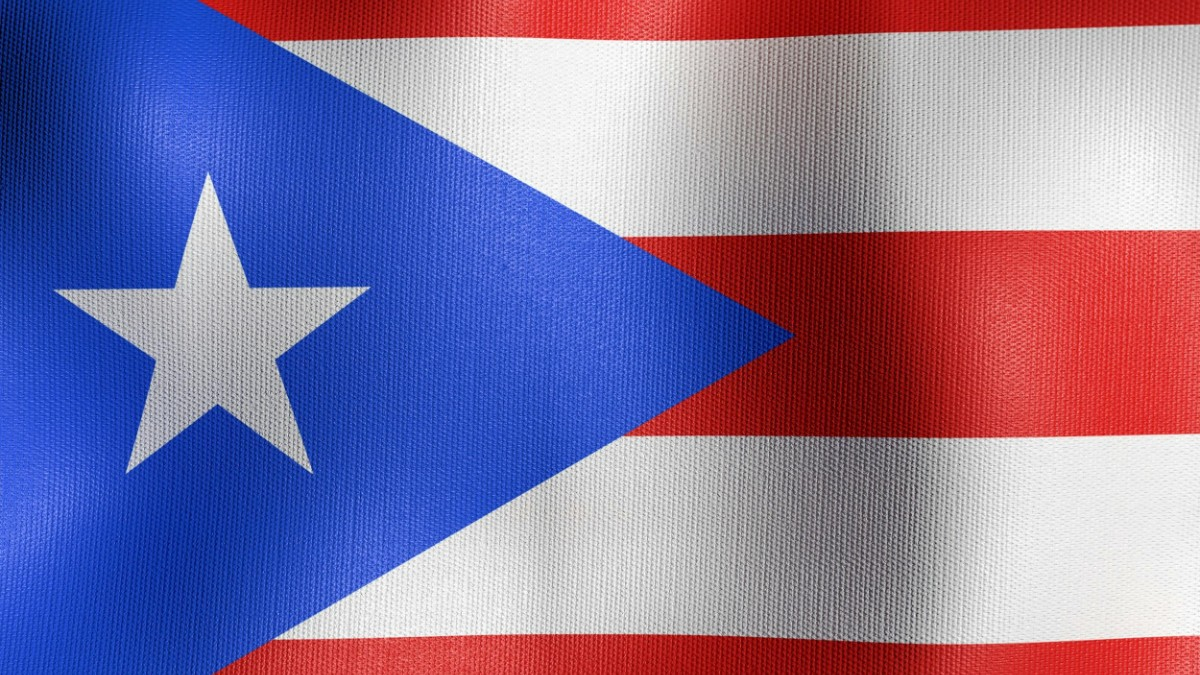The bond between Puerto Rico and the United States can be very confusing, with many not fully understanding the exact relationship. The starting point is that in 1898, Puerto Rico was ceded to the United States under the Treaty of Paris after the Spanish-American War and began its unusual political life. This article will explain what it means for Puerto Rico to be part of the United States as a territory and what its governance entails.
Historical background: The Treaty of Paris
The Treaty of Paris, signed on December 10, 1898, ended the Spanish-American War; Spain ceded Puerto Rico, Guam, and the Philippines to the United States. The treaty had extensive debate within the U.S. Senate as it was viewed by many as transitioning from Spanish imperialism to American imperialism. It eventually passed in a vote of 57-27, paving the way for American control over Puerto Rico.
In 1900, Congress passed the Foraker Act establishing a civil government in Puerto Rico. The Foraker Act allowed for an elected House of Representatives, placing the authority to appoint both a governor and executive council with the President of the United States. Establishing the foundation for a political structure in Puerto Rico, the Foraker Act conferred neither the full rights nor full representation in Congress.
The insular cases: Defining territorial status
A series of Supreme Court decisions, within the years 1901 to 1905, that were collectively referred to as the Insular Cases, furthered this legal framework that described the status of Puerto Rico. These cases decided that, although Puerto Rico is part of the United States, it is not incorporated therein. This effectively means partial incorporation, implying that not all constitutional rights apply to its residents.
The Supreme Court held that Congress possesses ‘plenary authority over the territories’ and may decide which constitutional provisions are applicable to the territories. The consequences are that civil rights and methods of government within Puerto Rico have been the subject of considerable controversy. Critics have interpreted such decisions as reflective of a colonialist mentality, through which unequal status has been maintained.
Commonwealth status and citizenship
In 1917, the Jones-Shafroth Act granted U.S. citizenship to Puerto Ricans, allowing them to enter military service during World War I. This citizenship entails no full franchise in voting: residents are not allowed to vote in presidential elections, and in Congress, they have limited representation only through a nonvoting resident commissioner.
In 1952, Puerto Rico adopted its constitution and was designated a Commonwealth. In that status, the island is allowed to enjoy greater self-governance, but it did not change its territorial relationship with the U.S. Congress retains significant authority over Puerto Rican affairs, which has led to calls for statehood or independence.
Political movements and referendums
Over the years, various referendums have been held to settle the political status of Puerto Rico. These, however, were nonbinding, and most did not even offer any explicit options on either statehood or independence. This has brought movements for statehood to swell in recent years with increasing dissatisfaction towards colonial governance.
The most recent referendum took place alongside general election campaigns of November 5, 2024, and represented a first in offering options of statehood, independence, or sovereignty in free association with the U.S. without giving voters an option to maintain the status quo of territory. This represents a paradigm shift in how Puerto Ricans are considering their future relationship with the United States.
International perspective and future considerations
In the international arena, the status of Puerto Rico has also been discussed at UN forums. Although taken off the list of non-self-governing territories in 1953, its UN Special Committee on Decolonization has continued to reaffirm the need for self-determination by the people of Puerto Rico, describing their situation as colonial.
As the Puerto Ricans settle their political future, identity and governance remain key to statehood versus independence debates. Future referendums could not only remake the status of Puerto Rico but also reshape the island’s relationship with the U.S. mainland.
Read more: These are the dramatic 911 calls following the assassination attempt on Donald Trump in Pennsylvania
